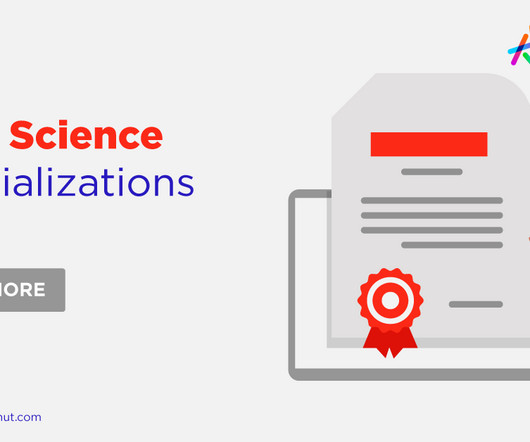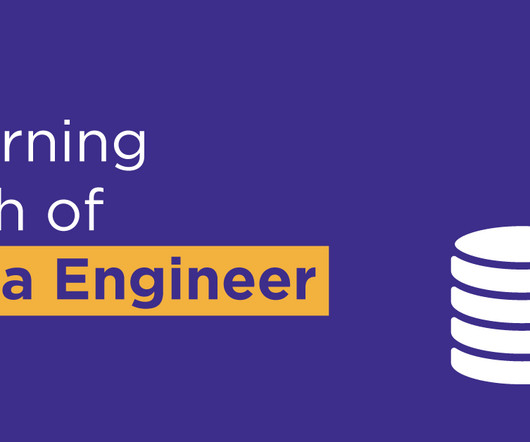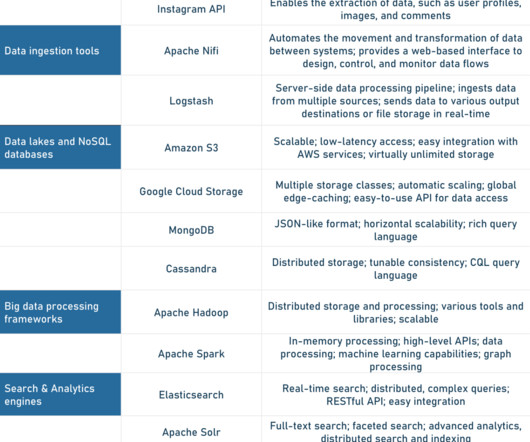Top 16 Data Science Specializations of 2024 + Tips to Choose
Knowledge Hut
DECEMBER 29, 2023
A Data Engineer is someone proficient in a variety of programming languages and frameworks, such as Python, SQL, Scala, Hadoop, Spark, etc. One of the primary focuses of a Data Engineer's work is on the Hadoop data lakes. NoSQL databases are often implemented as a component of data pipelines.












Let's personalize your content